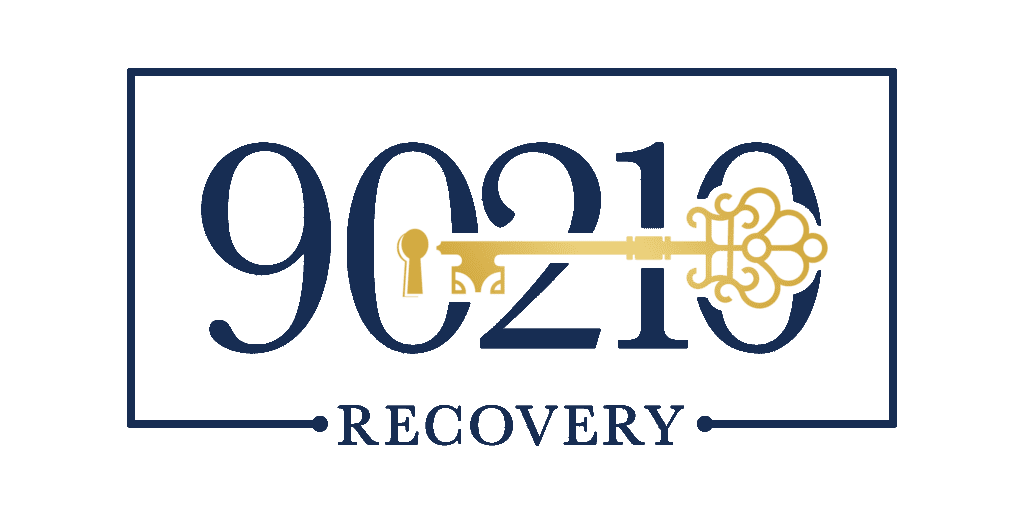Bipolar disorders are a serious type of mental illness that causes extreme mood swings which range from high maniac states to low depressive emotions.
Waking up overly excited and going to bed sad does not make you bipolar. Contrary to popular belief, bipolar episodes tend to last anywhere from weeks to months, not minutes or hours. Quick sudden mood swings do not represent a red flag; However, longer-lasting accentuated periods of emotional peaks, or depressive and manic episodes that require medical attention can certainly be problematic.
Manic and Depressive episodes
Manic and depressive symptoms stand at two opposite corners of the emotional spectrum. On one end, depressive symptoms are characterized by low energy and sadness, while on the other end Maniac symptoms tend to show excessive energy and excitement.
Symptoms of manic episodes
Different types of bipolar manic symptoms include:
- Abnormal levels of wired and upbeat energy
- Agitation and the need for increased activity
- An exaggerated sense of well-being and self-confidence
- Restlessness and lack of sleep
- Racing thoughts and being easily distracted
Symptoms of depressive episodes
Different types of bipolar depression symptoms include:
- Being sad, hopeless, and joyless
- Loss of interest on things
- Emotional numbness
- Drastic changes in weight and appetite
- Sleep imbalances
- Loss of energy
- Inability to think or focus
- Suicidal thoughts
Which are the different types of bipolar disorder?
There are many different types of bipolar disorders which are divided into four main categories:
- Bipolar I disorder – Category one is the most common out of the different types of bipolar disorder. Patients fall into this category when they’ve had at least one or more manic episodes that last at least one week, or when the episodes that the patient experiences are so severe that hospital care is needed.
- Bipolar II disorder – The second category involves different types of bipolar depression symptoms as well as hypomanic episodes. However, the episodes tend to be less severe than the maniac episodes of those in the first category.
- Cyclothymic disorder – Like the others, this category is also defined by different types of bipolar depression and hypomanic symptoms; unlike the others, the symptoms fall short of being intense or lasting long enough to be considered episodes.
- Other types of disorders – This category includes any bipolar disorder that doesn’t fit within the previous three categories but still involves unusual maniac moods such as those related to alcohol and drug use.s
The risks involved
Bipolar disorders and addiction are closely related. In fact, a study shows that 61% of bipolar type I disorder patients had a lifetime use of drugs or an alcohol disorder. Based on this study it’s safe to conclude that there is a high chance for bipolar type I patients to end up with substance abuse problems.
Addiction can be an aggravator to those suffering from different types of bipolar disorder symptoms, making the highs and lows dangerous to their well-being. Those suffering from both addiction and bipolar disorder require special treatment, as it can be too much to deal with on their own.
The risk is augmented for those patients experiencing different types of bipolar depression symptoms, as depressive moods could lead to suicide.
How to get help today
Being proactive about seeking help for our loved ones suffering from such disorders could save them from future problems with substance abuse.
It’s important to get help if a loved one or someone you know shows symptoms of manic or depressive episodes; which could be signs of a bipolar disorder.
90210 Recovery offers comprehensive dual-diagnosis treatment to ensure your loved ones have the proper care they need.
Contact 90210 Recovery to learn more about what you can do to help your loved ones receive the treatment they need.


